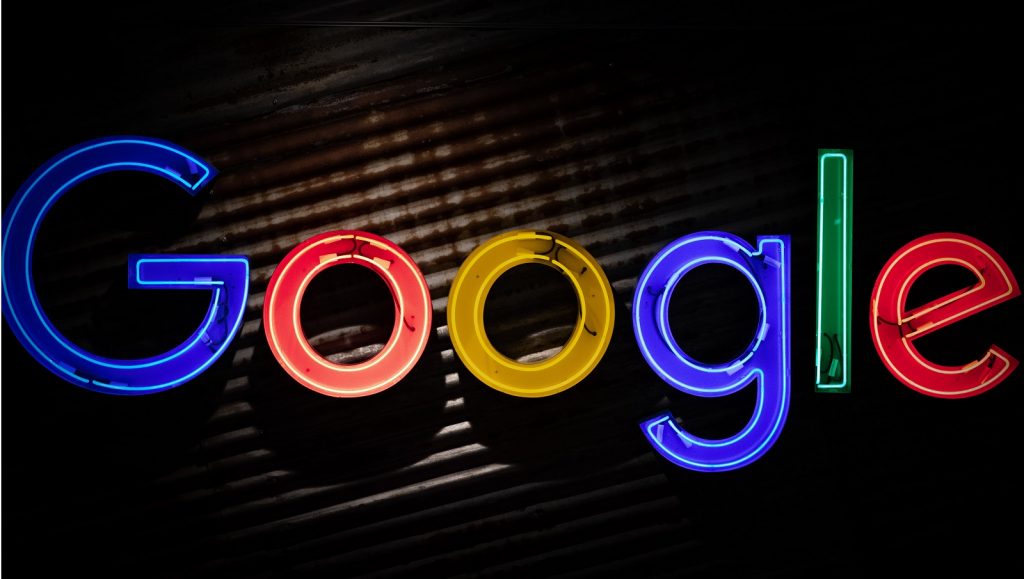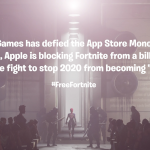South Africa’s retail forex industry is entering a decisive phase as regulation tightens and consolidation accelerates. What does it mean for brokers and traders?
Google antitrust action: Will it help or hurt SA advertisers?

Google and Alphabet CEO Sundar Pichai’s trip to Congress to answer questions from the House Judiciary Subcommittee on its digital advertising dominance is indicative of the deep mistrust global governments are feeling towards it and the other mega-platforms.
While it is still unclear what action will be taken to drive more competition into the ad tech market, South African advertisers should prepare for potential change.
“The latest hearing is just one of many actions against the world’s dominant tech companies over the last few months. These court proceedings have clearly demonstrated lawmakers’ discomfort at the market dominance of Amazon, Google, Apple and Facebook,” explains Roan Mackintosh, MD at Incubeta Group, MEA.
“While competition is exceedingly healthy, changes in the current landscape may have considerable operational and commercial consequences for the millions of advertisers using Google’s solutions.”
Tech giants’ share of digital advertising market under scrutiny
The Australian Competition and Consumer Commission (ACCC) took Google to court recently, claiming the company had not properly received consent nor adequately informed consumers about how it would use their personal information in 2016 when it changed its privacy policy.
But it is Google dominance in the ad tech space, and particularly its control of the back-end infrastructure of the ad tech industry, that has competition commissions in the UK, US, and Australia seeing red.
To give context, the US digital ad spend exceeded that of print and TV for the first time last year — hitting $129 billion. And eMarketer says it’s likely to account for two-thirds of the ad spend dollars by 2023.
Google and Facebook currently command more than half of the spend which would automatically raise a flag for anti-competitive watchdogs
Looking more closely at the mechanics of the ad tech space that has regulators so concerned, Incubeta’s head of data solutions, Andrew Smit explains: “A significant chunk of online display advertising is traded in real-time on various electronic trading venues. This is also known as programmatic advertising.”
“Google has stakes in a number of the steps between when an ad is placed and when it is shown. The commissions don’t like the fact that Google is involved in both the supply side and the demand side of the process,” he says.
“What’s more, Google is also one of the largest sellers of ad space thanks to it owning Gmail and YouTube.”
Smit points out that Google’s Ad Manager – the place where publishers get to sell ad inventory and advertisers go to buy it – is a combination of some of the most powerful tools in the industry.
However, critics of the company believe Google has assembled the tech stack in such a way as to give its own properties priority when it comes to the placement of ads.
Potential impacts on South African market
It’s not yet clear what demands lawmakers will make of Google.
But it is likely that in an effort to bring more competition into the ad tech space, they may well force a breakup of this piece of the Google business from the mothership.
And this will likely have an impact on both local publishers and advertising.
“The downside to this is that if Ad Manager is forced to break apart it will make it more difficult for those on both sides of the ad sale transaction to do their jobs. Google has invested heavily in making it as easy as possible for us to combine audience data with its own data,” Makintosh says.
“On the upside encouraging more competition could be a good thing as we may see a better service and slightly cheaper fees. South African advertisers would certainly welcome not having to pay the ad serving fees, which sometimes account for up to 10 percent of their budget.”
“For publishers, this move will mean similar potential fee reductions but also potentially an opportunity to further differentiate their audience offering and thereby increase their inventory yield,” he adds.
The EU and Australian governments are able to fine companies as a way to try to reduce anti-competitive behaviour. However, it’s largely up to the US to affect structural change.
“One good thing to come out of all of these hearings is to see that the level of questions from the chair and other participants shows a marked improvement. Making multi-billion-dollar decisions needs some cool heads and at this session we at least saw some decent insight into some very complex technical discussions,” Smit concludes.
Article supplied by Incubeta
Feature image: Mitchell Luo on Unsplash
Read more: US tech antitrust hearing: Roundup of the biggest tech company reveals

